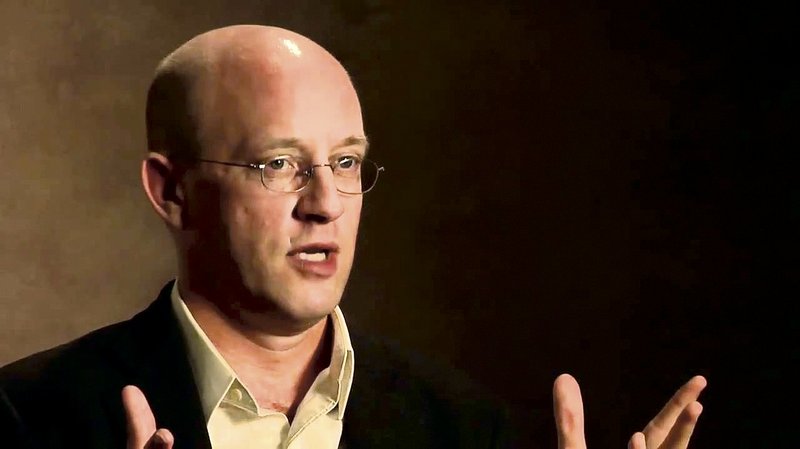The premise of this weekend's "Hidden and Fantastic" conference is this:
"Authors like C. S. Lewis, J.R.R. Tolkien, and certainly J.K. Rowling have become major cultural and artistic influences worldwide, but scholars and academics don't always treat them as they do other authors. We want to expand the scholarly conversation about this popular literary genre and delve more deeply into the wonderfully complex and sometimes esoteric nature of these works, which are sometimes unjustifiably dismissed as 'mere children's books' or somehow less worthy of academic analysis."
‘Literature of the
Hidden & Fantastic’
When: Friday & Saturday
Where: University of Arkansas at Fort Smith
Cost: $15 keynote dinner or luncheon
Info: hiddenandfantastic.…
So says Dennis Siler, director of the Honors International Studies Program at the University of Arkansas at Fort Smith and one of the creative minds behind the conference, which he hopes will become an annual event.
"It started from a conversation among some faculty members who discovered Michael Ward's book ['Planet Narnia: The Seven Heavens in the Imagination of C.S. Lewis']," he says. "We had had some conversations about C.S. Lewis and admired his work but were puzzled by Narnia. Ward's book actually made sense of all of it. It's very rare to find someone who comes up with a piece of literary criticism that solves a mystery and does it so eloquently.
"And we said, 'Wouldn't it be great if we could bring in some scholars and have a conversation?'"
Ward, who is senior Research Fellow at Blackfriars Hall, University of Oxford, and professor of apologetics at Houston Baptist University, will be the keynote speaker at Friday's dinner at the Smith-Pendergraft Campus Center. A second keynote speaker, scheduled for a luncheon on Saturday, is John Granger, considered the "dean of Harry Potter scholars."
Granger admits he was dragged into the world of J.K. Rowling kicking and struggling. His first perusal of "The Sorcerer's Stone" was "a late night reading I did so I could explain to my oldest daughter why 'we don't read garbage like this.'"
"In the chapter that Harry encounters a dying unicorn in the Forbidden Forest and is told by Firenze the Centaur about the power of unicorn blood to save a life and to damn the unworthy, I had an 'Aha!' revelation," Granger says. "That and realizing that the 'Sorcerer's Stone' was actually a 'Philosopher's Stone' and Harry's three-days resurrection from near death at story's end compelled me to see Rowling was delivering some heavy and edifying freight."
Granger continued his study of the first four Harry Potter books on CD during a trans-continental journey.
"At the end of this drive I was asked by a group of C.S. Lewis readers to explain Potter Mania," he recalls. "That immersive experience followed by an invitation to share my thoughts allowed, even forced, me to see what most people miss on first reading: Rowling's light-handed but profound structural and symbolic artistry."
Granger says he grew up loving books.
"While I wish like everyone else my age that I had read more and watched television less, I was sufficiently the nerd of my family that my mother gave me 'The Brothers Karamazov,' 'Anna Karenina' and 'The Last of the Mohicans' for Christmas when I was 15 and no one thought that was an unusual gift or a pretentious reach for me," he explains. "My favorite reading, though, was superhero comic books and the short stories of Ray Bradbury."
And while he believes that studying popular works for their deeper meanings is worthwhile, Granger admits "the 'deeper meaning' just 'rubs off on us' for the most part in the best of books."
"Very few readers are aware of [the four layers to the best writing: the surface, the moral, the allegorical and the sublime] and how to recognize the meaning they experience in each as they enter into a story. But that's more than OK. All the layers beneath the story surface are necessarily delivered through the story surface or not at all; i.e., if we are aware of it as we read the narrative line, it almost certainly isn't reaching us where it counts."
NAN Profiles on 09/18/2016


